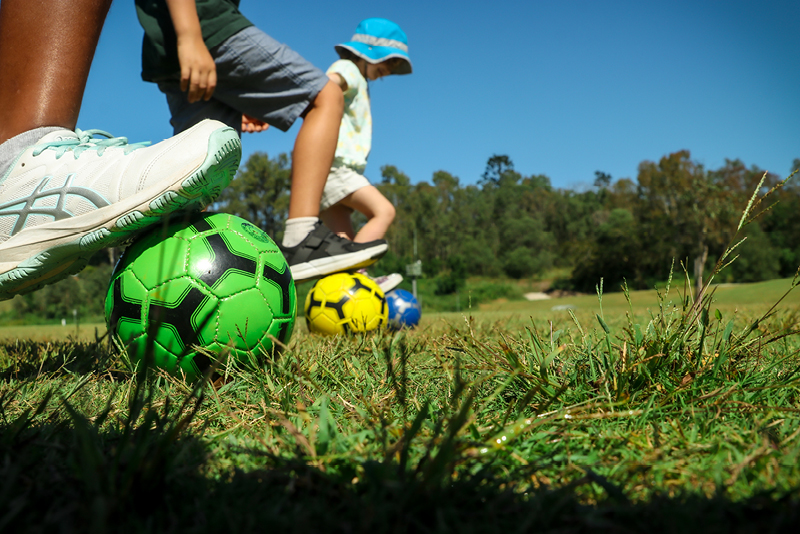
With the school aged population making up 28 per cent of the city, shaping our sporting participation legacy is the catalyst to elevate lifestyles, realise ambitions and improve health and wellbeing outcomes.
Ipswich is home to 81 schools and education centres, including primary and secondary, state, private, specialist and alternative schools. With Ipswich’s estimated population growth, an additional 16 schools have been planned by 2031, with four schools to be completed by 2025. Each school offers a range of facilities and programs to help foster good health and wellbeing through the discipline of sport. From football fields to athletics tracks, to tennis courts and swimming pools, education facilities across the city foster inclusion and accessibility. But for many, this is where sport stops. Recent data shows that the cost of sport is one of the most common reasons as to why children are not participating. Children from low-income families, who live in remote or regional areas or speak another language other than English at home, are significant contributing factors.
Sporting infrastructure and development was the second highest legacy priority, as voiced by the community. This is our opportunity - to work through the barriers to elevate participation in grassroots sport. We consider London’s 2012 high-profile initiative ‘inspire a generation’ to encourage young people to fulfil their potential and maintain healthy, active lifestyles. To create access and opportunities for all children, everywhere. We need to work collaboratively to find innovative solutions which enable greater participation in grassroots sports, targeting our First Nations Australians and those with a disability. This will promote and maximise the benefits including a myriad of workforce and training opportunities.
Increasing participation in sports will help to strengthen social connections, support local economies, and improve health outcomes. It will contribute to the Australian Government’s first ever sports plan, Sport 2030, in delivering its vision, ‘Australia is the world’s most active, healthy sporting nation, known for its integrity and excellence’. It will further contribute to councils vision, a city of opportunity for all.